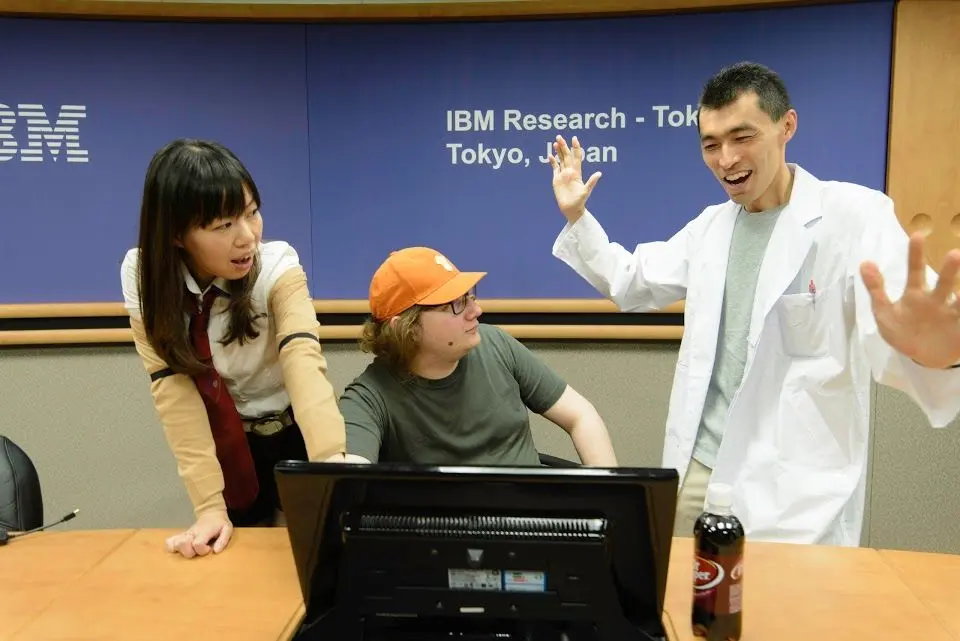Tokyo
IBM Research - Tokyo was established in 1982 as IBM’s fourth research laboratory and the organization’s first in Asia. Located in Toyko and Shin-Kawasaki, the lab led pioneering research in accessibility, microdevices, system software, embedded systems, security and privacy, and more. The lab is currently investigating new applications for foundation models and LLMs, while also leading efforts in digital health and AI-aided accessibility technologies, hybrid cloud infrastructure for AI and secure computation, quantum computing, and semiconductors.
Japanese site
Meet the team
News
Think Lab
The role of the Global Think Labs is to make what’s next in computing actionable for our clients. We offer a stimulating environment to explore future technologies and their transformational impact on business and society. The Think Lab Tokyo, located in the Hakozaki building, is both a working lab and a collaboration space where we share our vision of the future of computing with clients and collaborators. The features of the Think Lab Tokyo include the opportunity to experience the local research efforts in new applications for foundation models and LLMs, digital health and AI-aided accessibility technologies, hybrid cloud infrastructure for AI and secure computation, quantum computing, and advanced semiconductors including AI chips.

